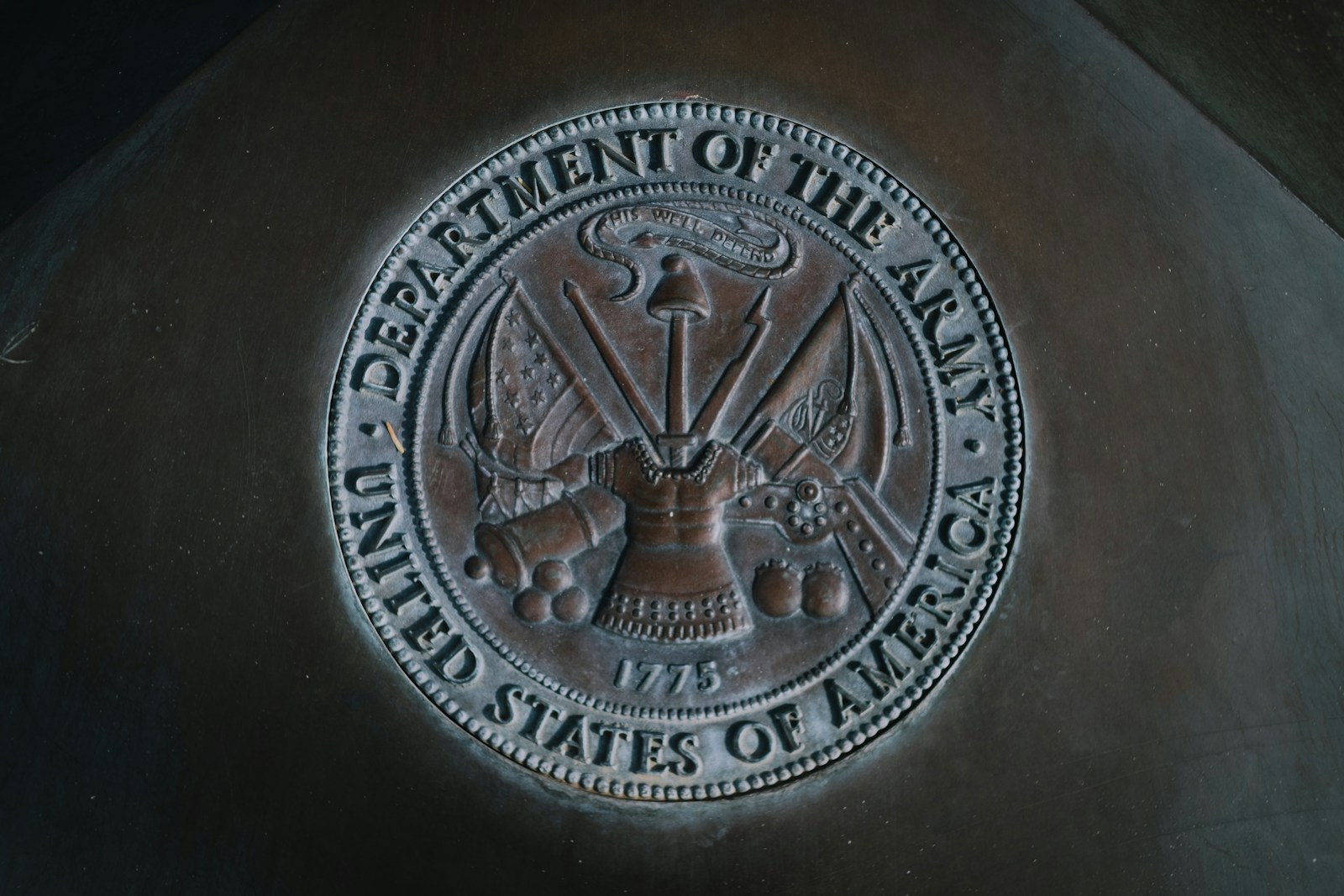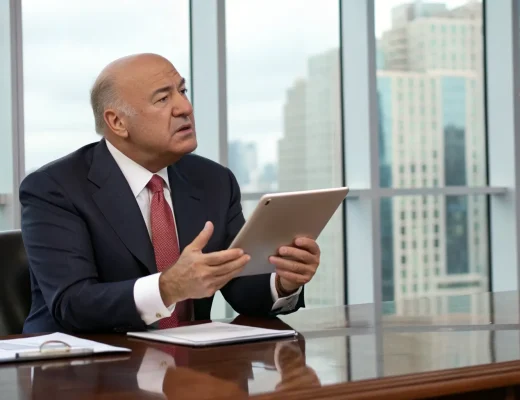Trump administration officials have leveled serious allegations against a
Federal Reserve governor, accusing the central bank official of mortgage fraud and demanding their resignation. This accusation represents a significant escalation in tensions between the White House and the Federal Reserve, an institution that typically operates independently from political pressure.
The allegations come amid an already strained relationship between the Trump administration and the Federal Reserve, which has been subject to unusual public criticism from the President over monetary policy decisions.
The Allegations
According to sources familiar with the matter, administration officials claim the Federal Reserve governor engaged in fraudulent activities related to mortgage transactions. The specific details of the alleged fraud have not been fully disclosed, but the accusations appear serious enough that officials believe they warrant the governor’s immediate departure from the central bank.
The timing of these allegations raises questions about whether they stem from genuine concerns about misconduct or represent politically motivated attacks on the Fed’s independence. The Federal Reserve’s Board of Governors consists of seven members who are nominated by the President and confirmed by the Senate for 14-year terms specifically designed to insulate them from political pressure.
Implications for Fed Independence
Financial experts express concern that these accusations could undermine the Federal Reserve’s independence, which is considered crucial for effective monetary policy. The central bank’s autonomy allows it to make decisions based on economic data rather than political considerations.
“The relationship between any administration and the Federal Reserve requires a delicate balance,” said a former Fed economist who requested anonymity. “Direct accusations of criminal activity against a sitting governor cross a line that has rarely, if ever, been crossed before.”
The Federal Reserve has historically maintained its independence even during periods of political pressure. This separation of monetary policy from direct political control has been a cornerstone of U.S. economic governance for decades.
Response from the Federal Reserve
The Federal Reserve has not yet issued an official response to the accusations. Typically, the central bank refrains from engaging in
political disputes, focusing instead on its dual mandate of maintaining price stability and maximum employment.
The accused governor has not made any public statements regarding the allegations. According to the Federal Reserve Act, governors can only be removed from their positions “for cause,” which has historically been interpreted as serious misconduct or inability to perform their duties.
Legal and Political Context
Mortgage fraud accusations carry significant legal weight. Such allegations typically involve knowingly making false statements or misrepresentations during the
mortgage lending process.
The Department of
Justice would normally handle investigations into such matters, raising questions about whether formal legal proceedings have been initiated or if the accusations remain at the level of political rhetoric.
Congressional leaders have begun weighing in on the situation, with reactions largely following partisan lines. Democratic lawmakers have questioned the timing and motivation behind the accusations, while some Republican officials have echoed the administration’s calls for resignation.
This confrontation occurs against the backdrop of previous tensions between President Trump and the Federal Reserve. The President has repeatedly criticized the
Fed’s interest rate decisions and has expressed frustration with the central bank’s independence.
As this situation develops, financial markets will be watching closely for signs of how this unusual conflict between the administration and the Federal Reserve might affect monetary policy and economic stability in both the short and long term.







